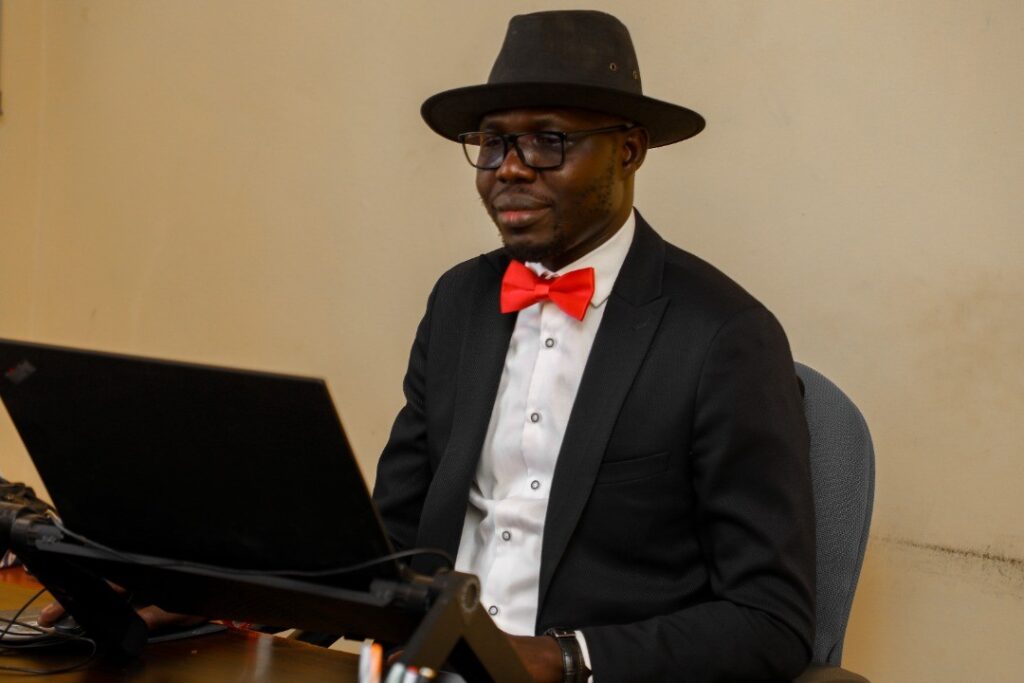
“I always find myself taking loans to push the month”
That is Mark’s testimony to me last Sunday. Mark says he religiously consumes my articles on personal finance. He works for a humanitarian organization, headquartered in Juba.
Does Mark’s story sound familiar? Does it resonate with you? Could Mark be representing a constituency of working people?
Perhaps! He is.
IS IT TRUE?
Chances are Mark IS NOT alone. His financial woe is a representative sample. A true story of so many people finding themselves in a financial quagmire and opting to suffer in silence. You see, being financially broke is a real trap, a habitual behavior many of us find ourselves in every day.
THE TRUTH IS Mark’s financial woe is a function of being financially illiterate. A financial skill NOT found in schools.
TRUTH BE TOLD, financial health is a function of financial literacy.
We all work hard to earn an extra penny. Unfortunately, we burn it very fast at a rate we can never earn it.
We’re quick to ‘urinate’ our hard earned money in our local pubs or in luxurious hotels in neighboring countries sometimes in Dubai. Why? Because we don’t value our money or perhaps, we don’t understand its characteristics as a currency.
Without a solid foundation in money management, we are assured of sliding into poverty at one point in time. It’s not how, but when? Overspending one’s money is a habit. It is not a curse; no, it is an urge caused by a lack of self-awareness.
THE TRUTH IS, it is NOT the size of one’s paycheck that matters or determines one’s financial viability, NO, it is NOT.
The amount of money you earn in a month or in a fortnight, if you have no financial system in place, you will always be financially broke, that is a fact. Why? Because you lack a system to plan, allocate and monitor your finances.
Perhaps, you are asking how did I help Mark? Good question. I suspect that question is ringing in your mind now? Fair enough.
Mark and I took a look at his financial history. In other words, I scrutinize Mark’s monthly expenditure. We looked at things consuming his money.
Here are some: House rent, shopping, water, electricity, transport, school fees, airtime, health cover, and a car loan.
I realized, that Mark’s sizeable amount is eaten up by the family’s medical bills whenever a member of the family is sick. Mark is a father of four. His aging mother is also under his care. So, after understanding his financial history. I suggested practical steps he needs to take right away, otherwise, feeling sorry for his financial situation won’t change his reality. He needs action.
I advised Mark that he needed a plan; a financial system he will use as a guiding compass or a strategic game plan for his financial health.
Advice
- Adopt the 50-30-20 budgeting rule to organize his finances (50% to needs, 30% to wants, and 20% to savings and investment);
- Live within his means; cut down on his wants so that he can have some savings;
- Setup an emergency fund
- Commit to buying food in bulk.
- Reduce his leisure use lifestyle
TRUTH BE TOLD, Mark’s financial situation is amendable, however, he needs to act to undo his financial woes caused by his spending habits.
Undoing negative habits take time because it takes to acquire a habit. A habit is learned and can be unlearned.
© Stephen Omiri, July 2022















